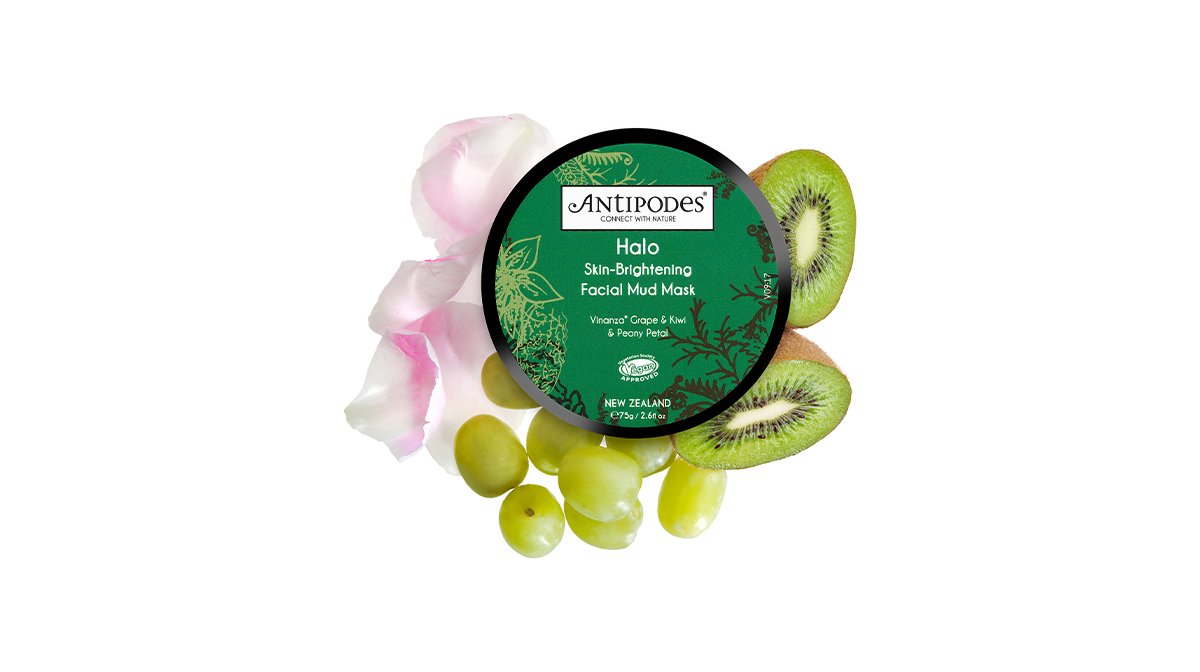If veganism and vegan skin care conjures up images of hippies, incense, and platefuls of beans, it’s time to reassess. Veganism has swept the world, loved by the health-conscious and eco-conscious alike – and unlike other trends, it’s here to stay. Veganuary is a global celebration of all things vegan. It’s the perfect kick-start if you’re considering the shift to a vegan lifestyle.
Going vegan means saying goodbye to animal ingredients in the products we consume, use, and wear. Happily, it brings benefits that can enhance not only your wellbeing, but the health of your skin.
What Is Vegan Skin Care?
To be considered vegan, a product must be completely free from animal ingredients and by-products. You might be surprised by how many animal ingredients appear in skin care. Luckily, veganism is a big trend in the beauty world. It’s now easy to find animal-free alternatives to conventional products. If meat-free meals are a little daunting, filling your beauty bag with vegan skin care is a great start. You don’t need to go all-out. You can start slow, with simple swaps.
Here’s why you should switch to vegan beauty this Veganuary, and beyond.
It’s full of nutrient-dense ingredients
Vegan formulations tend to prioritize natural, plant-based ingredients. These are naturally packed with vitamins, essential fatty acids, and antioxidants. Look for native botanical extracts such as Kawakawa leaf, found in Hallelujah Lime & Patchouli Cleanser & Makeup Remover. Kawakawa is a natural tonic that can help to control skin blemishes, which makes the cleanser beautifully gentle on skin while effective at removing makeup.
Pure plant oils get a big tick in the vegan box. A nourishing vegan face oil, like Divine Face Oil Rosehip & Avocado Oil, is full of them. Avocado oil is rich in vitamins A, D, and E to help moisturize and protect the skin – making it a star in vegan skin care.
Vegan ingredients go beyond plants to artesian spring water and geothermal mud. The latter is found in Halo Skin-Brightening Facial Mud Mask. Mineral-rich, the mud helps to detoxify and revitalize a dull complexion.


